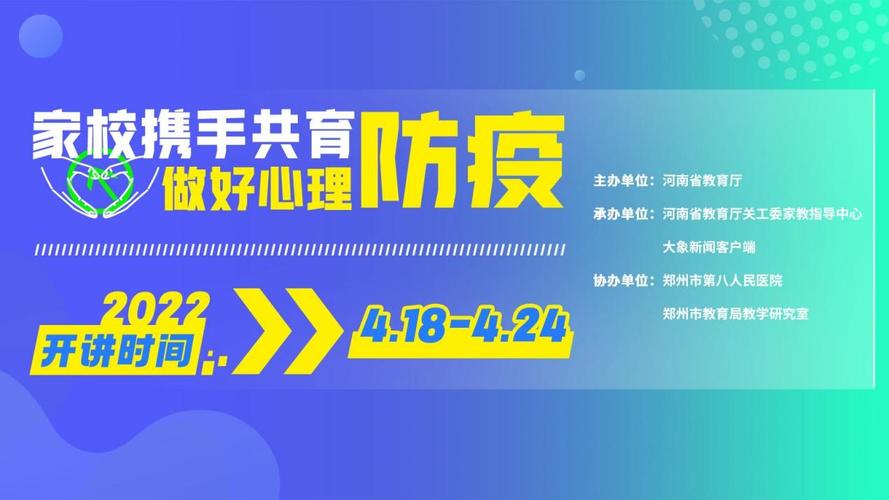Title: Understanding Educational Psychology: Key Concepts and Applications
Introduction to Educational Psychology
Educational psychology is a field that explores how individuals learn and develop within educational settings. It draws upon principles of psychology to understand various aspects of teaching and learning, including cognitive, emotional, and social processes. This interdisciplinary field encompasses a wide range of topics, from student motivation and classroom management to instructional design and assessment strategies. In this article, we will delve into some key concepts and applications of educational psychology, providing insights and practical implications for educators, parents, and policymakers.
1. Learning Theories
Learning theories form the foundation of educational psychology, offering frameworks to understand how learning occurs. Three prominent theories include:
Behaviorism
: Focuses on observable behaviors and the role of reinforcement in shaping behavior. Principles like operant conditioning (e.g., rewards and punishments) are applied in classroom management and behavior modification strategies.
Cognitivism
: Emphasizes mental processes such as attention, memory, and problemsolving. Cognitive theories inform instructional practices by highlighting the importance of active engagement, scaffolding, and meaningful learning experiences.
Constructivism
: Suggests that learners actively construct knowledge by connecting new information with existing schemas. Constructivist approaches promote inquirybased learning, collaborative activities, and authentic assessment tasks.
Understanding these theories helps educators design effective instructional interventions tailored to learners' needs and abilities.
2. Motivation and Engagement
Motivation plays a crucial role in learning, influencing students' willingness to participate, persist, and achieve academic goals. Educational psychologists study various motivational theories, such as:
Selfdetermination theory
: Highlights the importance of intrinsic motivation, autonomy, and competence in fostering longterm engagement and achievement.
Goalsetting theory
: Emphasizes the role of specific, challenging goals in enhancing motivation and performance. Setting clear learning objectives and providing feedback can help students stay focused and motivated.
Attribution theory
: Examines how individuals attribute success and failure to internal or external factors. Promoting a growth mindset and emphasizing effort over ability can encourage students to adopt adaptive attributional patterns.
By understanding students' motivational beliefs and designing learning environments that foster autonomy, competence, and relatedness, educators can cultivate a supportive classroom climate conducive to learning.
3. Developmental Psychology

Developmental psychology investigates how individuals grow and change over time, from infancy through adulthood. Key concepts include:
Piaget's stages of cognitive development
: Describes qualitative shifts in children's thinking as they progress through sensorimotor, preoperational, concrete operational, and formal operational stages.
Vygotsky's sociocultural theory
: Emphasizes the role of social interaction and cultural context in cognitive development. The zone of proximal development (ZPD) highlights the importance of scaffolding and peer collaboration in learning.
Erikson's stages of psychosocial development
: Explores psychosocial crises that individuals encounter across the lifespan, such as trust versus mistrust in infancy and identity versus role confusion in adolescence.
Understanding developmental milestones and individual differences can inform instructional practices and support educators in addressing students' diverse needs.
4. Assessment and Evaluation
Assessment is integral to the teaching and learning process, providing feedback on students' progress and informing instructional decisions. Key principles include:
Formative assessment
: Involves ongoing, informal assessments to monitor student learning and adjust instruction. Techniques like questioning, peer assessment, and selfassessment promote active engagement and metacognitive awareness.
Summative assessment
: Occurs at the end of a unit or course to evaluate students' achievement and assign grades. Welldesigned summative assessments align with learning objectives and provide clear criteria for evaluation.
Authentic assessment
: Emphasizes realworld tasks and performances that reflect meaningful learning outcomes. Examples include portfolios, projects, and simulations that assess higherorder thinking skills and application of knowledge.
By incorporating a variety of assessment methods and providing timely, constructive feedback, educators can support students' learning and growth.
Conclusion
Educational psychology offers valuable insights into the complex processes of teaching and learning, informing instructional practices, curriculum design, and educational policies. By applying principles from learning theories, motivation research, developmental psychology, and assessment practices, educators can create engaging learning environments that foster students' academic success and personal development. Continuously integrating researchbased strategies and reflecting on classroom practices can enhance the effectiveness of educational interventions and promote lifelong learning for all students.
文章已关闭评论!
